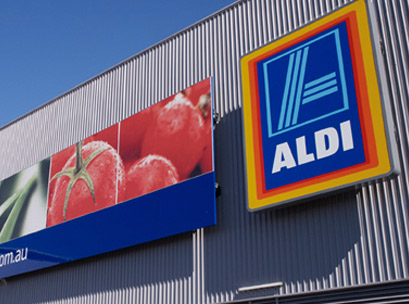Australia’s supermarket sector is concentrated but that doesn’t mean it lacks competition, a former consumer watchdog head says.
The expansion of Aldi and the 2009 debut of cut-price grocery warehouse Costco has invigorated the sector, Graeme Samuel says.
“Those sources of competition are all putting more competition into the market to which Coles and Woolworths are reacting,” Samuel said.
“Wherever Aldi was present near a Coles or Woolworths supermarket then the price competition was clearly evident.”
Since its acquisition by Wesfarmers, Coles had become a far more aggressive player, also contributing to greater competition, he said.
A 2008 Australian Competition and Consumer Commission inquiry into grocery prices led to the abolition of 757 “restrictive covenants” imposed on landlords by the big two that prevented other players opening outlets in shopping centres.
This opened up further competition, Samuel said.
His comments came as The Greens announced a raft of tough polices to enhance competition in the sector including a plan to ban the big two supermarkets from purchasing agricultural land.
“If that happens it will be the first time in history that they’ve totally integrated their supply chains,” Greens competition spokesman Peter Whish-Wilson said.
“We’ve had a lot of concern from growers and farmers on this issue.”
The five-point plan would also double the ACCC’s resources and equip it with divestitive powers that would enable it to break up companies that have too great a market share.
Peak vegetable growers body AUSVEG applauded many of the Greens’ initiatives, citing growers’ concerns about anti-competitive behaviour.
Samuel said the claims before the 2008 inquiry that the two big supermarkets had used their market power to charge customers too much had not been borne out by the statistics.
“Now the claim is they are charging too little,” Samuel said.
AAP






